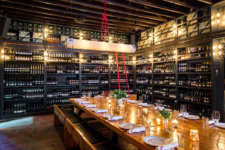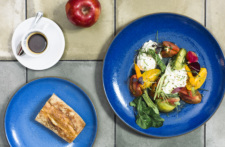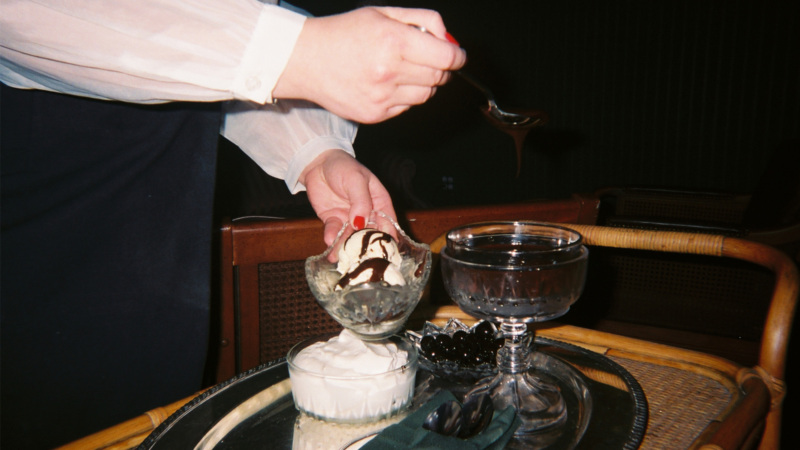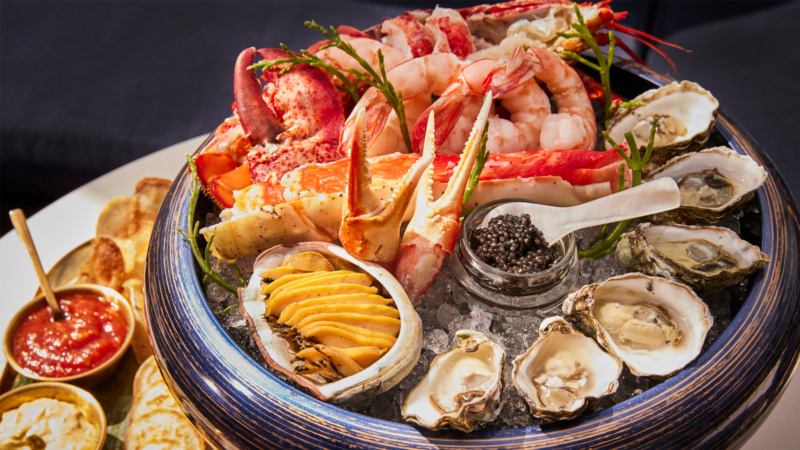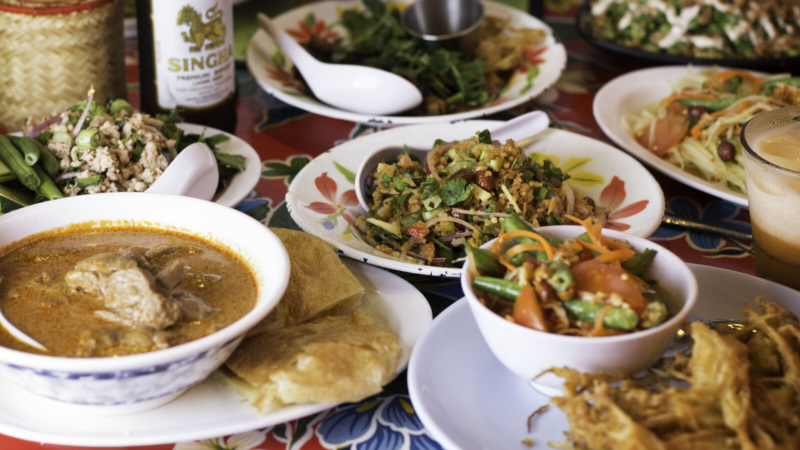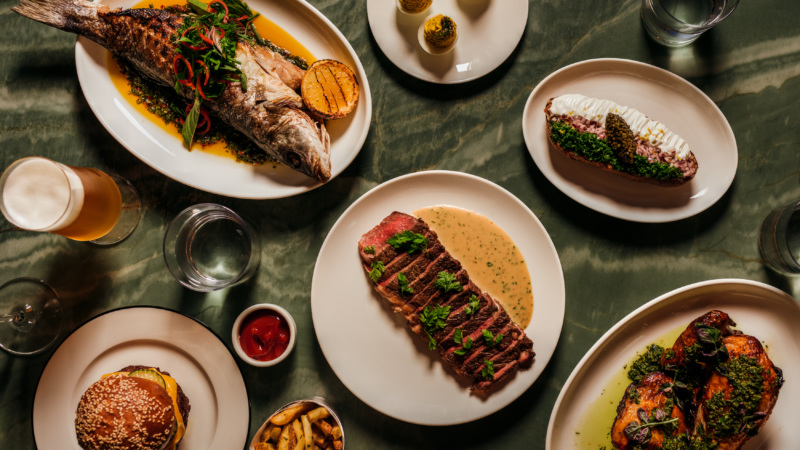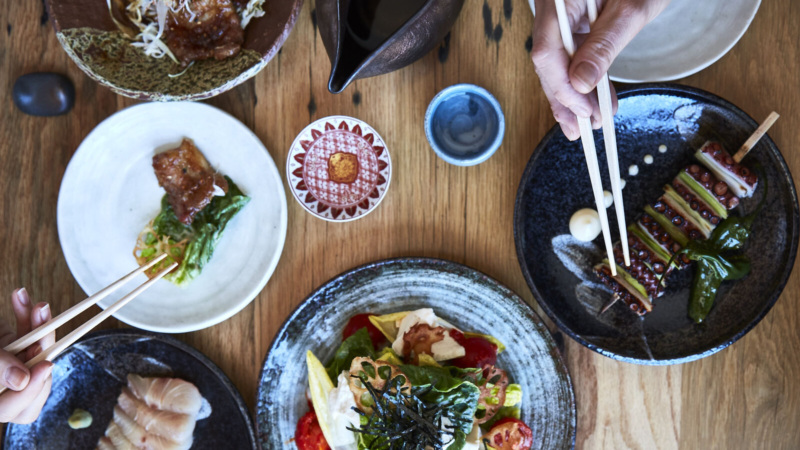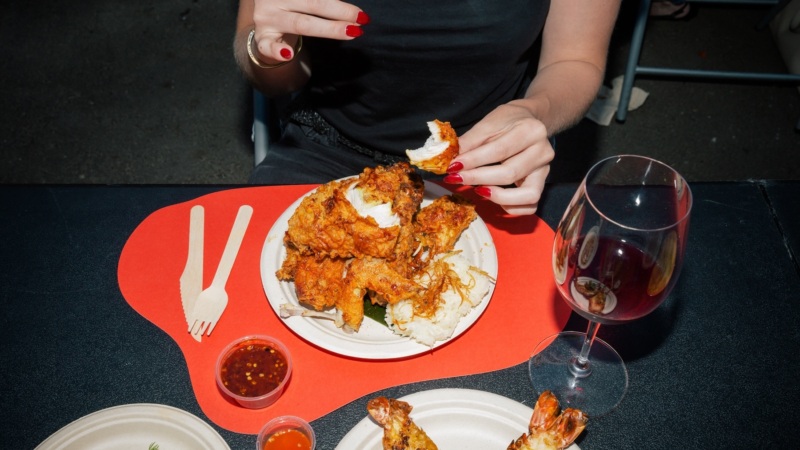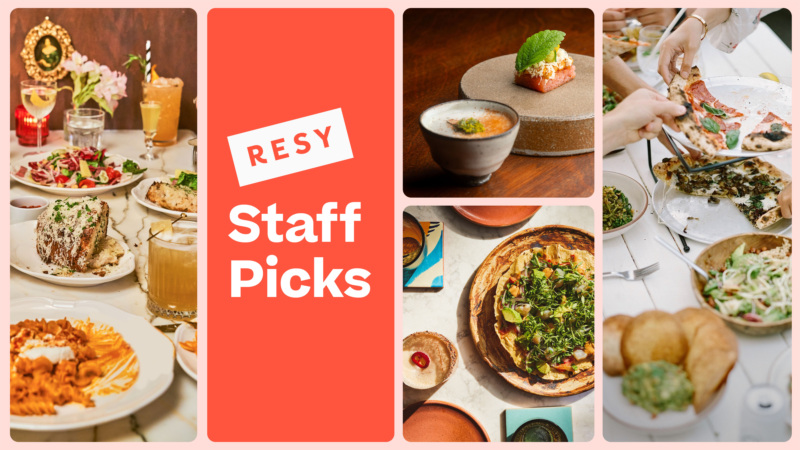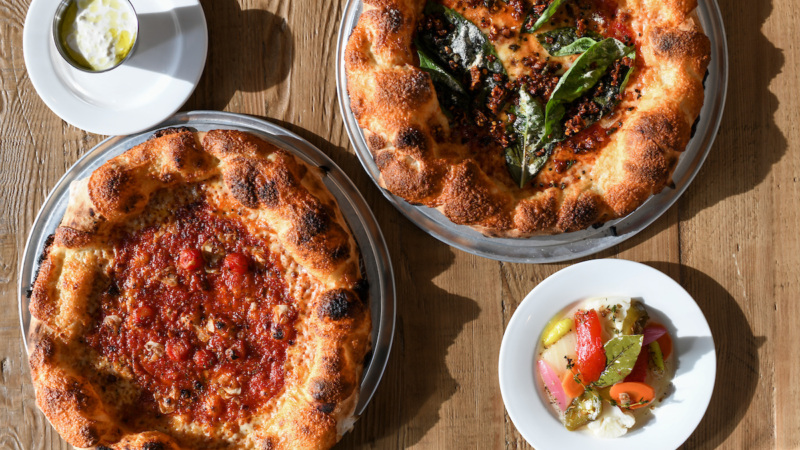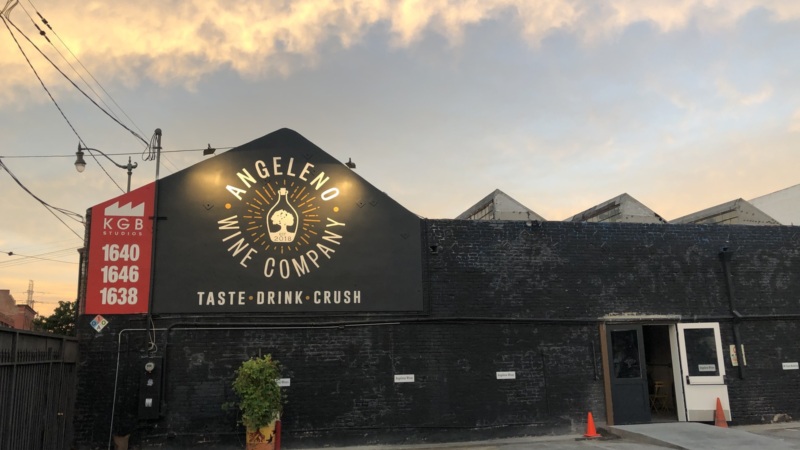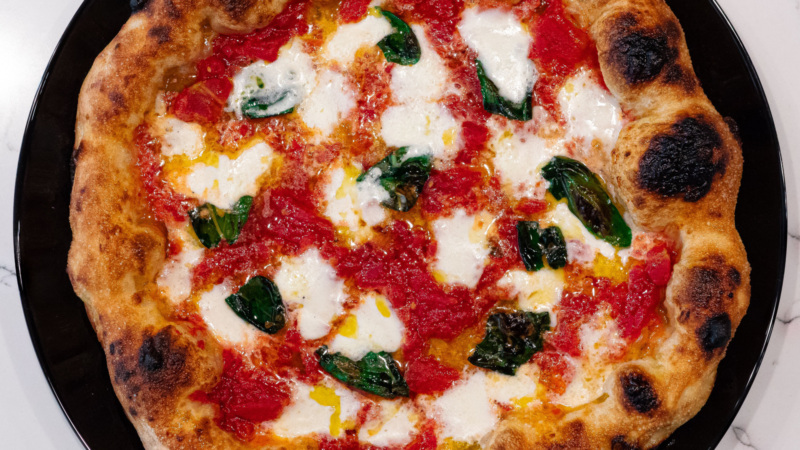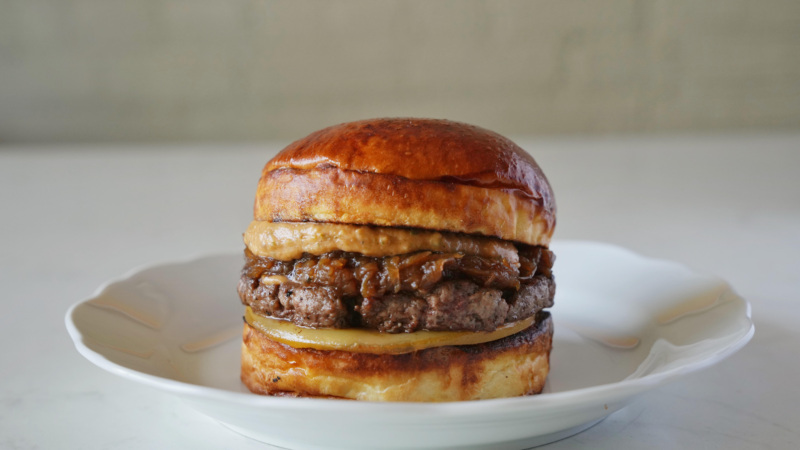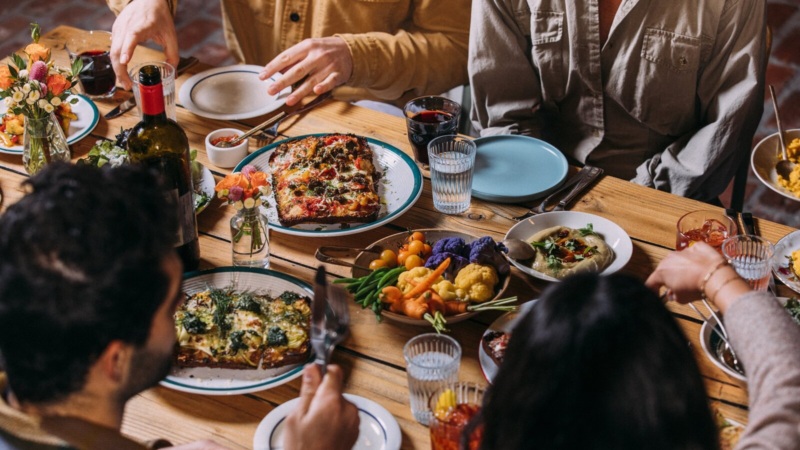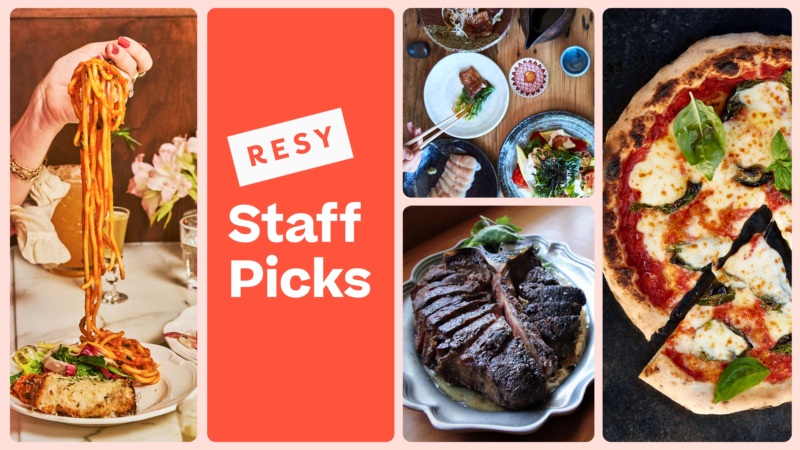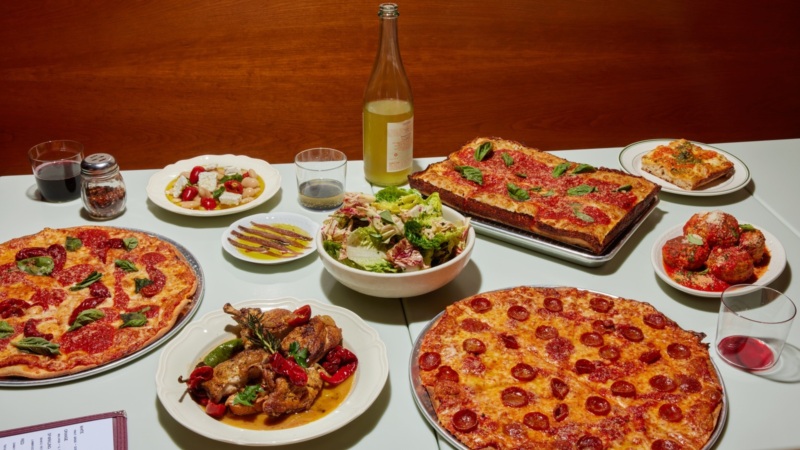

Letter of Recommendation Los Angeles
The Gift of Solo Dining
Here’s how it goes: It’s Wednesday night. Or it’s Sunday night. Or it’s Thursday night. I haven’t seen another person in a few days. Loneliness — an occupational hazard of the writing life. (That, and carpal tunnel.)
Los Angeles can feel so isolating, even in the best of circumstances. I say this to a woman at the bar at Dante over a spicy-sweet Diavolo pizza. She tells me she feels that way too sometimes, but then she winds up finding the people who match her energy.
“If you sit at the bar for long enough, they come,” she intones.
“Cheers to that,” I respond, and we clink glasses.
This is the goal. The platonic ideal of a solo dinner: a nice meal, a shared moment with a stranger, a reaffirmation of our collective humanity. Week after week, I go out and sit at the bar hoping to forge a connection, however fleeting, with someone based solely on the accident of our seating arrangement.
But not every night is like this.

Most nights, the bar isn’t very busy, or it is and most people are grouped off. Most nights, you try to talk to the person next to you and it just doesn’t take. So, most nights, I sit quietly, alone.
Maybe I’m at Night + Market in WeHo. The panang en neua, with chunks of beef short rib swimming in an umami-rich curry, is deeply soothing, enough to take my mind off things for a little while. I try to savor the warm, buttery roti for as long as possible, discipling myself to take only small bites at a time.
Or maybe it’s a night I’m at Nossa Caipirinha Bar in Los Feliz, where the coxinhas, little breaded chicken and paprika croquettes, are a must-have. I balance them with the zippy tuna and prawn ceviche with salsa campanha and avocado — quite possibly the brightest bowl of raw fish to be found in Los Angeles.
Wherever I am, I like to watch the room from the bar. I imagine what everyone else is talking about (finances? reality television?). I try to guess how groups of people know each other — Work? A dating app? Family? Friends from out of town?
After a scan across the crowd, I exchange words with the bartender: “The picante caipirinha sounds great,” I say, and then attempt to make some small talk. It doesn’t lead anywhere. He’s busy. I continue to watch the room. I wonder if those two men are on a first date, or a third? Later, I gesture at the bar seat next to me and tell a new arrival, “No, no one’s sitting here. It’s all yours.”
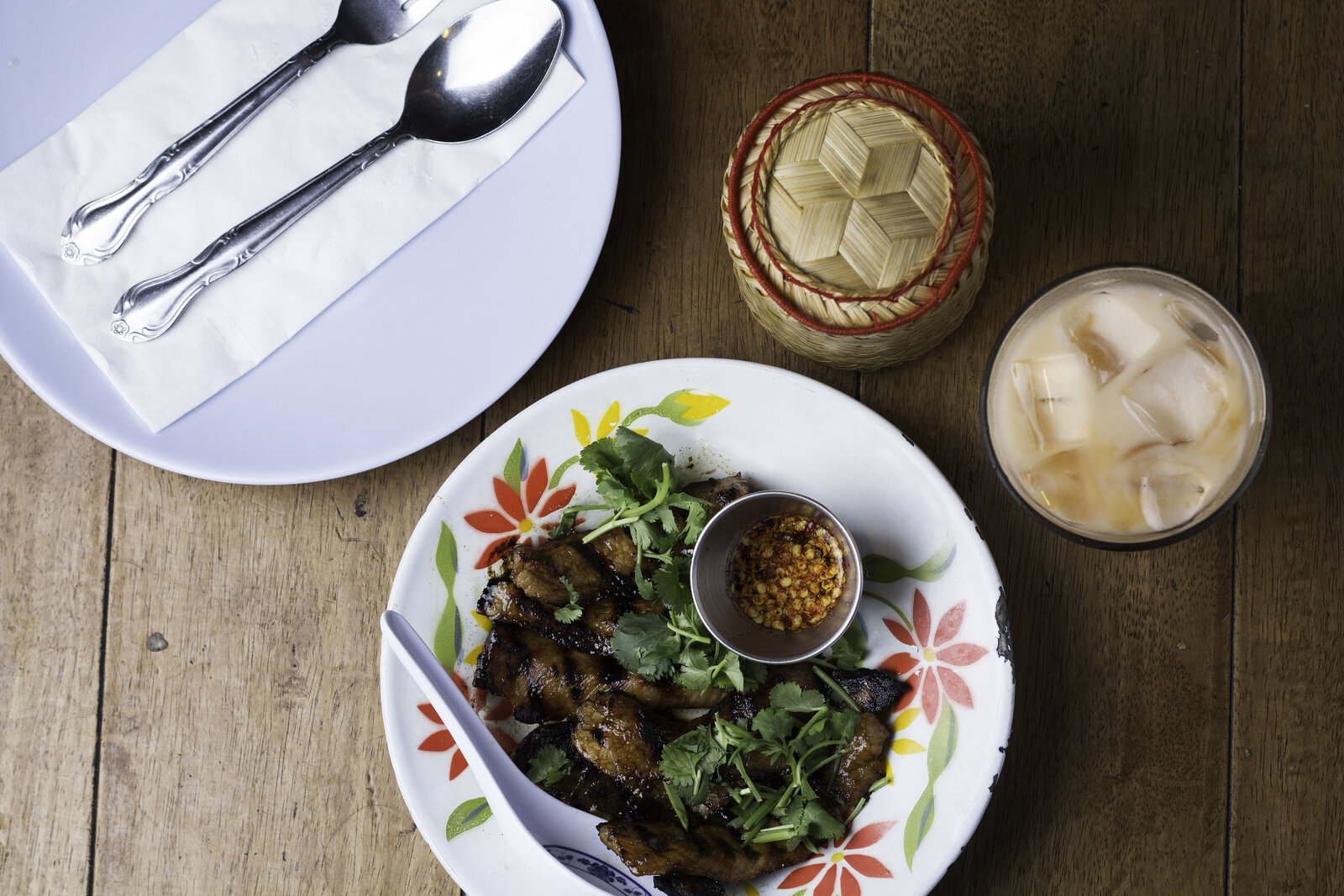
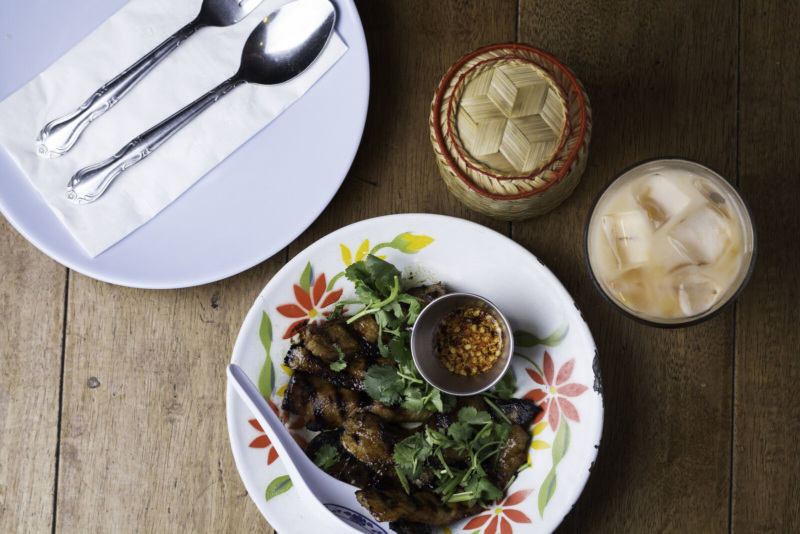
I try to find the meaning in nights like this, a lesson to glean from so much time alone, but find nothing. Maybe they’re just there to get through. Maybe they make you appreciate the serendipitous connections, when they do happen, that much more.
I can’t help but wonder what these nights would have been like before cellphones. Were people that much more present and open to conversation? Were they more willing to embrace an undefined moment? Or am I just romanticizing things?
Every now and again, I come across a compatriot in the solitary life. I assume they’re here looking for the same thing I am — a spark, a conversation. But they’re usually absorbed in their phone, gazing at god knows what. Maybe I’m wrong. Maybe they came here specifically to be alone. Or maybe the draw of the screen is too strong when the alternative is just … sitting. Quietly. Uncomfortably.
To be clear, I’ve been that person many nights. Despite my best attempts, I can’t help but feel awkward about being a single man alone at a bar. It’s easier to appear engrossed in something on your screen than to feel self-conscious and vulnerable.
But then I try to remember why I came out to begin with, and I put my phone away. Recently, I’ve started trying something new: treating my nights out with a more fantastical approach.
We create the city we want to live in — the community we want to have.
So it’s Wednesday night. Or it’s Sunday night. Or it’s Thursday night. I watch a movie set in France. Suddenly, I’m desperate to go to Paris. I take the subway to Silver Lake and walk down to Cafe Stella. I’ve made it: I’m in the Sixth Arrondissement. I order a kir and a poulet au vin — the juicy chicken bathed in a rich, creamy sauce with morels and fresh herbs.
I chat with the bartender and then strike up a conversation with the man beside me. He is a scientist from India in town for a conference. We talk for a while and he stays for another drink. When he leaves, I get pulled into a conversation with a woman I’ve seen here before who I now learn is the owner of a local indie fashion brand. This is the reason you come here: the people. The pot de crème is just a chocolatey bonus.
Another night: I listen to a Bill Evans album. I give in to its moody appeal. Now I’m at Musso & Frank in a suit and tie. A loose cigarette in my breast pocket that only I know about. I order a Negroni and fries (the gentleman’s combo). Every table in the restaurant is packed — the space echoing, stuffed with life. Beside me, I strike up a conversation with a former actress. She tells me she hasn’t spoken to her sister in years. We commiserate over fractured families, then I suggest we split a cheesecake to ease the pain — at least for the moment.
Maybe this is what they mean that Los Angeles is a town of make-believe. We create the city we want to live in — the community we want to have. I may never see these people again, but that’s not the point. These interactions are a gift. They are something to be savored that’s not on the menu. They teach me something about other people, and about myself.
In a city that can feel so cold and inaccessible, I have learned that I can go out any night of the week and park myself somewhere beautiful and buzzing, and be transported to somewhere else entirely. Or I can be right where I am, feeling alive with the energy of those around me. And that, to me, is the thrill of the solo dinner: how quickly it can become a connected one.
Oren Peleg is a screenwriter and journalist based in Los Angeles. His work appears in Vanity Fair, Architectural Digest, The Hollywood Reporter, Eater, and more. Subscribe to his newsletter here. And you can follow him here. While you’re at it, follow Resy, too.

